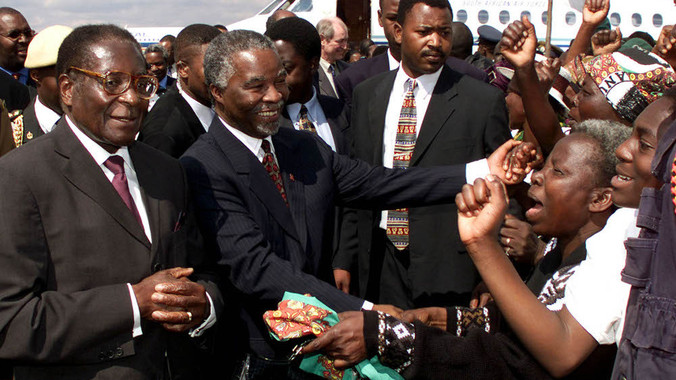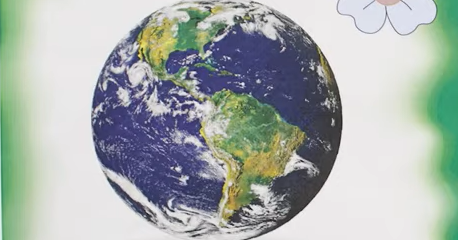Dec. 1 (GIN) – A formerly classified report regarding allegations of voter fraud in Zimbabwe has raised uncomfortable questions for former President Thabo Mbeki about what he knew of problems with the last election of Pres. Robert Mugabe and when did he know it.
An editorial in the widely-read local Mail & Guardian was blunt. “(Thabo) Mbeki chose to ignore the opinion of Judge Sisi Khampepe and Judge Dikgang Moseneke” whose report was released after a six year fight and multimillion-rand court battle under three presidents.
The judges found out what many suspected, the paper said. “The 2002 Zimbabwe election was not free and fair.”
In their 27-page report, the judges said the three-day voting process, excluding delays in two urban areas, met legislative requirements and was free of violence and/or apparent ballot tampering.
But they weighed this against pre-election intimidation and the deaths of 107 mainly opposition members and lengthy legal battles to change laws in favor of Zanu-PF, largely around citizenship. Polling stations were reduced in urban areas, they noted, where the opposition Movement for Democratic Change had its largest support base.
“The Khampepe report underscores Mbeki’s betrayal of our Constitution’s values,” the paper claimed in its lead editorial. “By trying to play God, he undermined the democratic will of Zimbabweans and helped to entrench a pattern of electoral violence and intimidation in subsequent polls.”
Mbeki responded with a strong denial of the charges.
“The self-righteous, misguided and insulting opinion of the Mail & Guardian is based on the disturbing failure by the newspaper to convey the truth about the basis of the decisions of the then South African government elections,” he wrote.
He confirmed that “various negative developments relating to the elections,” were observed by the South African Parliamentary Observer Mission (SAPOM) but they remained “a credible expression of the will of the people”.
The judges’ report – an advisory for the president – was classified “not to conceal from the public the content of such advice (but) to ensure that the quality of this advice is not compromised by fear or incentive that it might get into the public domain,” Mbeki said.
“We owe and will make no apology to anybody whatsoever both about resisting the publication of the Khampepe report. The vacuous pontifications of the M&G in this regard are nothing more than that.”
The editorial writers maintained their stance. “Our view is that the report raises questions about Mbeki’s credibility as a peace broker. He continues to be regarded as one of Africa’s elder statesmen and is currently the African Union mediator in Sudan.”
Reached for comment, opposition candidate Morgan Tsvangirai noted that South Africa’s endorsement of the polls carried extra weight – it was the decisive vote.
Mbeki was concerned not with democracy in Zimbabwe but only with stability, he said. “And if stability meant [President Robert] Mugabe remains in power, even by illegitimate means, then so be it.”
By conservative estimates some 500,000 Zimbabweans fled that country for South Africa in the face of economic and political turmoil, in the period before and in the wake of the 2002 elections. w/pix of Presidents T. Mbeki, (l) and R. Mugabe (r)












